Foods You Should Never Have in Your Refrigerator
Cold storage is important and necessary for many products, but cold air can also have a negative impact on certain foods. Did you know that there are a whole bunch of items that should never be stored in your refrigerator?
We’re sure you’re guilty of putting at least one of the items on this list in your fridge. To help you out, we’ve created a list of all the commonly misunderstood foods that should actually never be refrigerated.
Avocados
Avocados are one of the trickiest fruits to manage. You should avoid putting them in a refrigerator because this will halt their natural ripening process. As a result, an avocado may never ripen properly if chilled.
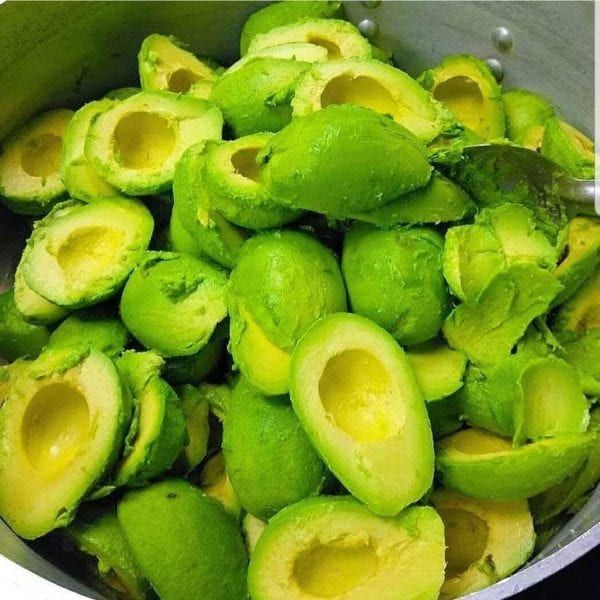
So/FreshNg/ Instagram
In order to ripen them properly, you should put them in a brown bag along with bananas or apples for a few days. Bananas and apples release ethylene gas which helps avocados to ripen faster.
Garlic
Instead of keeping garlic in a refrigerator, choose a dark, cool place – such as your pantry for example. It is also important to make sure that you place them in a ventilated container. Keeping it in an airtight container may cause them to get moldy.
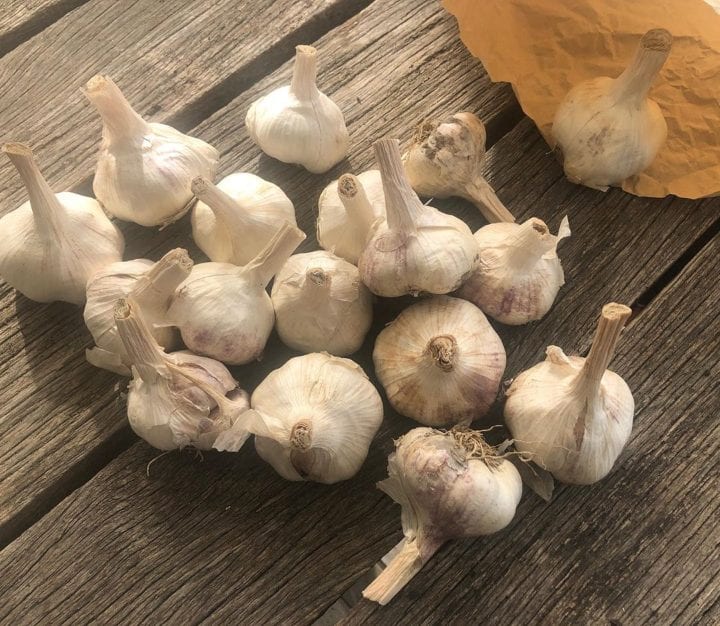
@kyrstie_afl/ Instagram
It is also important to know that once a head of garlic is broken, you should use all the cloves within 10 days, while unbroken garlic cloves can be kept for several months.
Olive Oil
You should never put your olive oil in a refrigerator. And if you already did, you need to take it out as soon as possible, otherwise, its flavor can be affected.
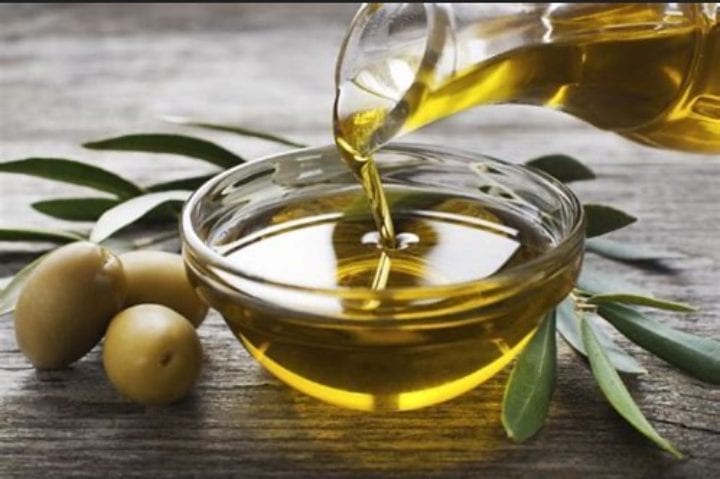
OliveAndOrchidmuses/ Instagram
Instead, it is best to store it in a dark cupboard. An opened bottle of oil can be kept for a year. Unopened bottles can stay good for up to two years.
Bananas
Just like avocados, putting unripe bananas in a refrigerator can mess with the way they ripen. Moreover, cool air also makes them mushy and soft.
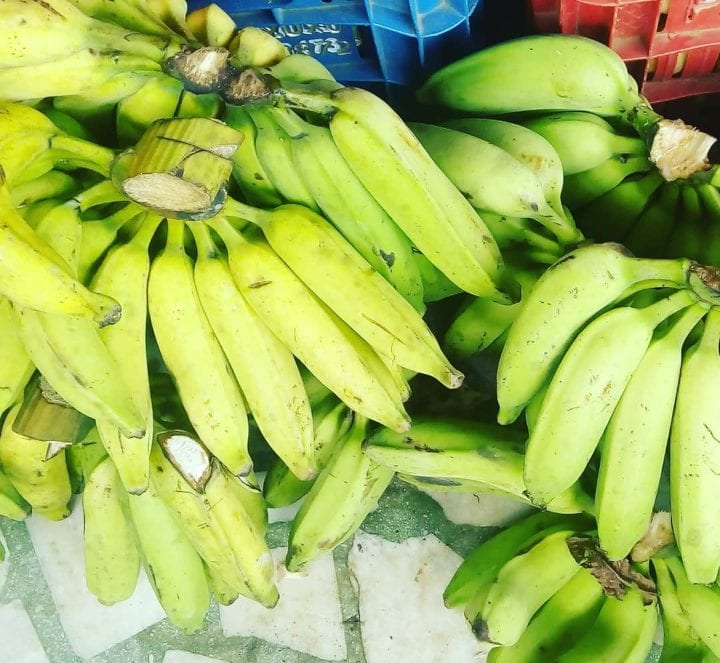
Hortifrutidc/ Instagram
You can refrigerate bananas only when they are already ripe if you know your are not going to eat them within the next few days. Putting them in a refrigerator will help stop bananas from over-ripening.
Citrus Fruit
Just like many other fruits, there is no need to refrigerate citrus fruits because their thick skin naturally prevents them from going bad early. Moreover, the cool temperatures in your refrigerator can dry citrus fruits out.

Public Domain/ Pixnio
You should also keep in mind that you will have about a week before your citrus fruits start to go bad. If you really need to extend their life and keep them fresh for a longer period of time, you can put them in the fridge briefly.
Tomatoes
One more fruit that should not be in your refrigerator is a tomato. There is actually scientific proof about this. According to recent research, exposing certain fruits to cold temperatures can damage their flavor-enhancing cells.
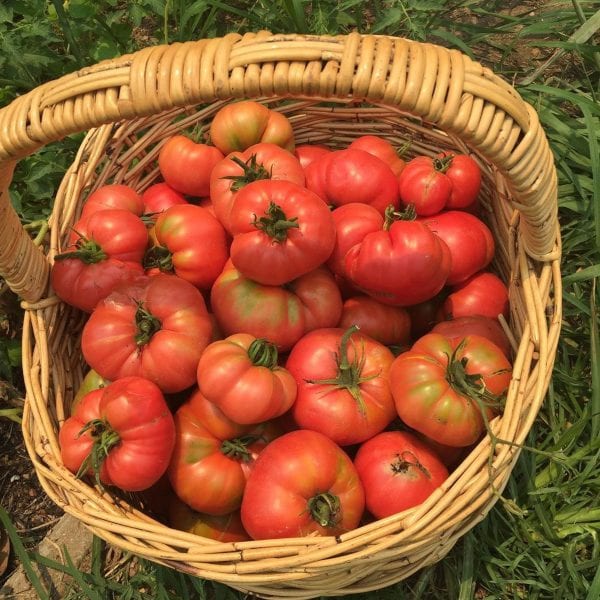
Shellsie_25/ Instagram
It is recommended to keep your tomatoes at room temperature and out of direct sunlight. However, if you cut a tomato, then it should be kept in a refrigerator.
Potatoes
Do you want your potatoes to be converted into sugar? Probably not. The best way to preserve your potatoes is to keep them in a dark place, away from extreme temperatures.
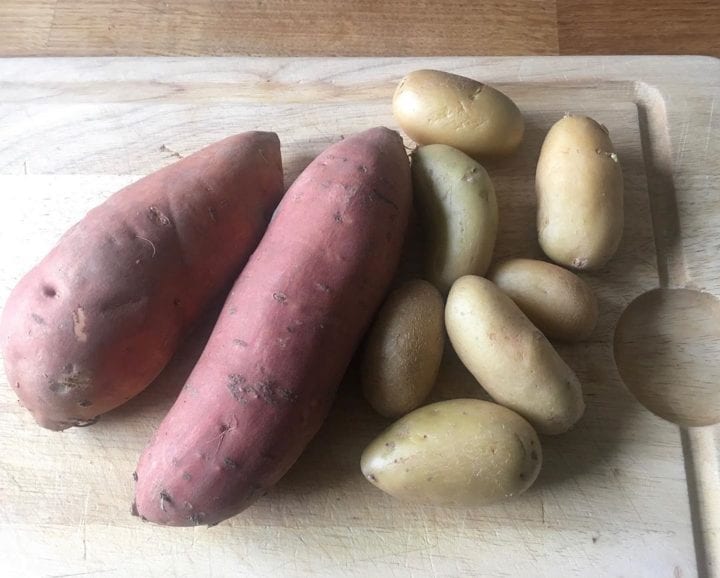
Andrea.c_miss_curvy_aquit/ Instagram
It is also recommended to store them in a paper bag and make sure to avoid exposing them to direct sunlight. It can cause chlorophyll to accumulate, which makes potatoes green and sometimes even bitter.
Cucumbers
You may be surprised but the cucumber is tastiest when it is stored at room temperature. Keeping cucumbers in a fridge leads to watery and pitted cukes. It is actually one of the main reasons why cats do not like cucumbers.
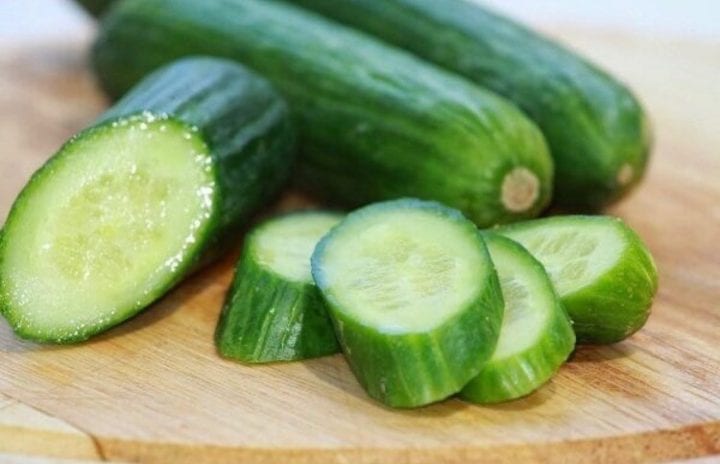
Tarragon_middle_east_market/ Instagram
The best thing you can do is to keep your cucumbers in your pantry. However, make sure that they are not stored next to apples or bananas as these fruits can shorten their life expectancy.
Coffee
All coffee experts say the same things: do not put your coffee or coffee beans in a refrigerator. Your fridge is a very humid place that can make your coffee less aromatic and completely tasteless.
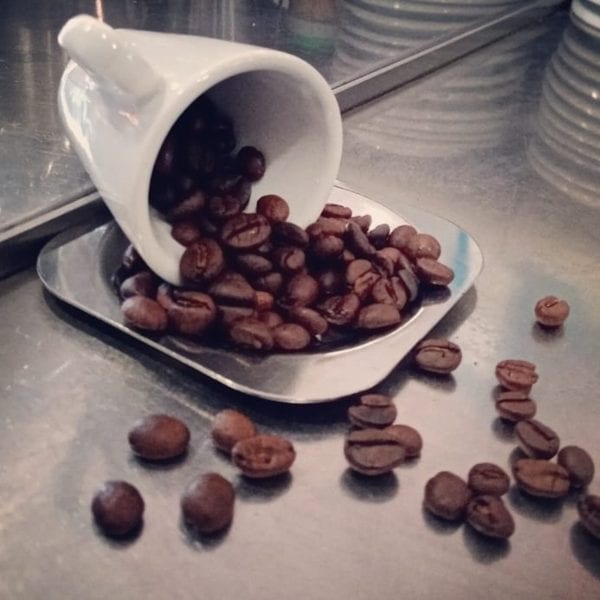
Valentemichela81barista/ Instagram
Instead, it is recommended to put coffee in an airtight container and store it in the pantry at room temperature. Make sure that the place is dark and there is no direct sunlight.
Honey
Another product that should never be in your refrigerator is honey. It is known for its properties to crystalize and size up in cold temperatures. Therefore, if you put it in a fridge, it can turn into a sugary, clumpy mess.
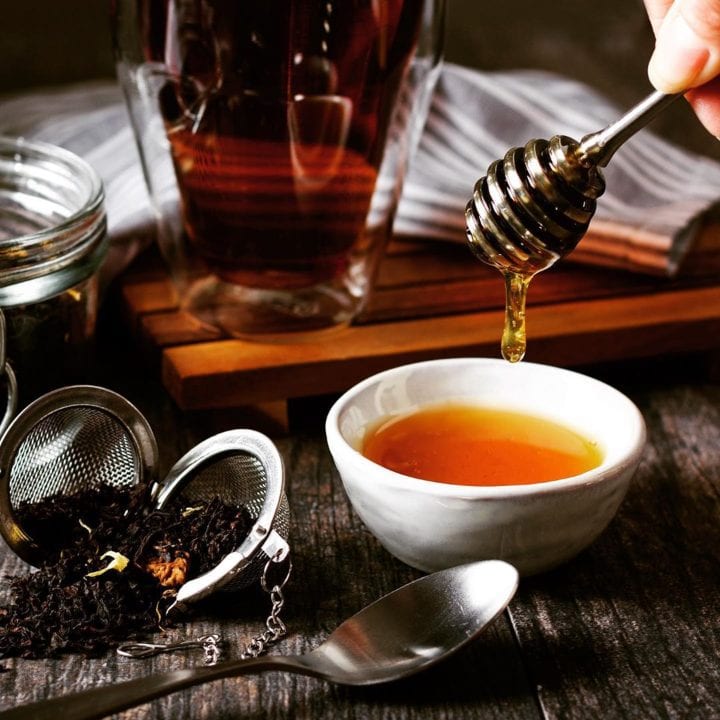
Apodaca_rae/ Instagram
According to experts and numerous studies, the best place for storing honey is a pantry, away from direct sunlight and extreme temperatures.
Eggplants
If you bought an eggplant, and you are not planning to eat or cook it within a few days of purchasing it, it is better not to refrigerate it. Just find a cool place with no direct sunlight and leave it there.
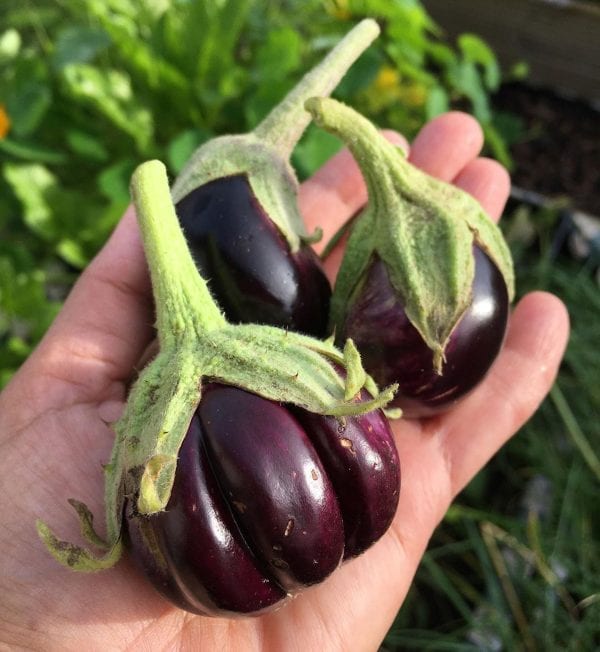
Growwithhema/ Instagram
Eggplants are also very sensitive to ethylene gases that are produced by some fruits, including apples and bananas, so it is better to keep your eggplants away from them as well.
Peppers
Unless you want your peppers to become mushy quickly, do not refrigerate them. Peppers can easily last several days on your kitchen counter.
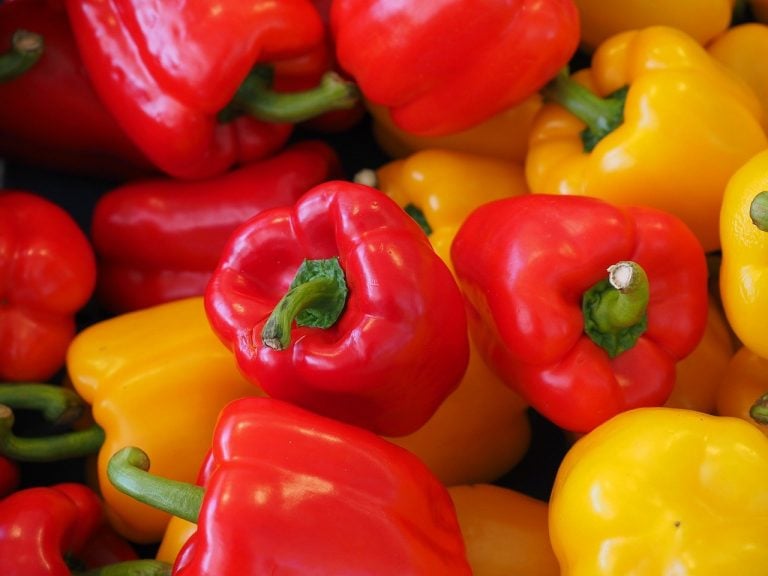
Public Domain/ Pixabay
However, it is only true if a pepper remains uncut. If you cut it into pieces and want to keep it for using or eating later, then you should put it in a plastic container and leave it in the fridge.
Pickles
Due to their contents, most pickles do not need to be refrigerated. However, if you bought pickles in the refrigerated section of the grocery store, it is better to store them in your own fridge.

Boldspiritcooking/ Instagram
In general, all pickles have enough vinegar and salt in them to help ward off harmful microorganisms and bacteria. Therefore, even kept at room temperature, your pickles will stay good for a long period of time.
Chocolate
There are many people who prefer keeping chocolate refrigerated. However, they may not know that the cool air in the fridge can actually damage chocolate’s taste and texture.
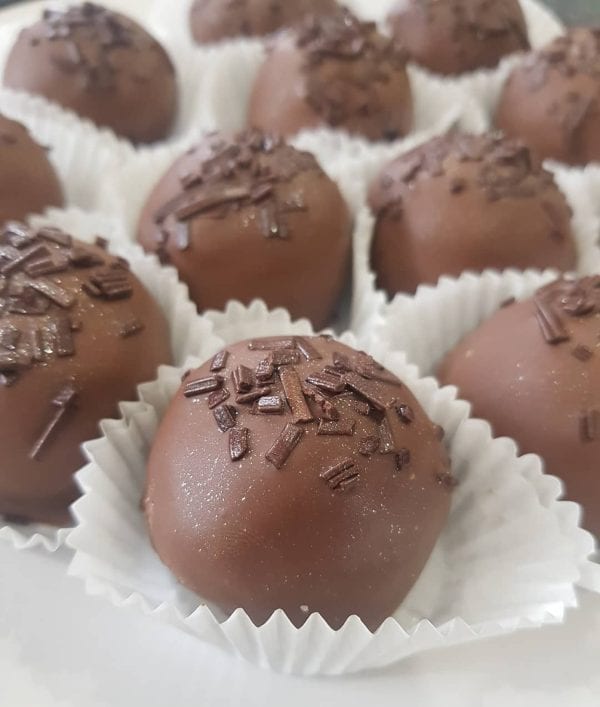
So.filicious/ Instagram
Therefore, for maximum flavor, it is better to keep chocolate and chocolate candies in a dark and dry place, such as a pantry or cupboard.
Nuts
A refrigerator is definitely not the right place for nuts. Cool temperatures in your fridge can make their nutty flavor too smooth. There is not enough moisture in nuts to cause rapid bacterial growth. Therefore, they can be safely stored at room temperature.
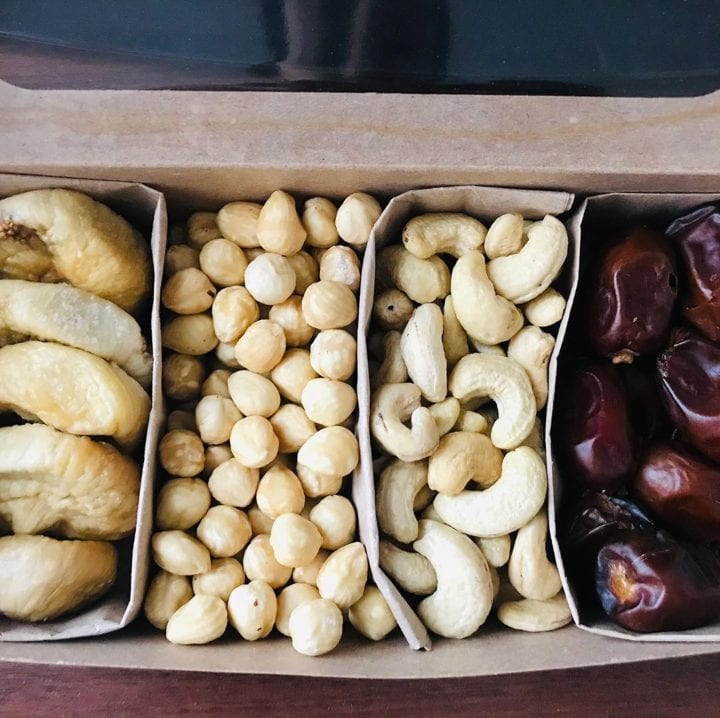
Nuts__dried_fruits_rivne/ Instagram
The best way to store them is to put them in an airtight container and keep them in a dark place, like your pantry for example. In general, nuts can be stored without refrigeration for up to three months.
Bread
It is never a good idea to keep bread refrigerated. A refrigerator will make your bread dry and rapidly cause it to become stale. So if you want to keep your bread fresh and soft as long as possible, it is better to keep it at room temperature. If the bread is pre-sliced, it will stay fresh for a week.
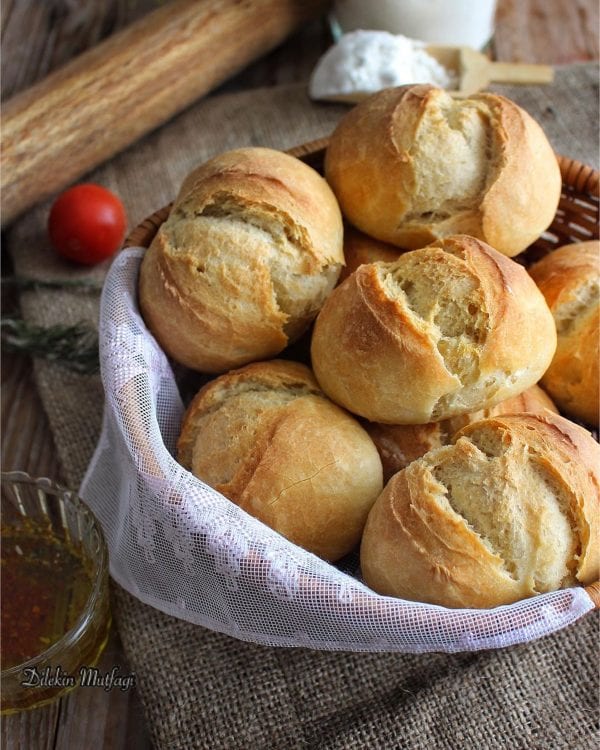
Dilekinmutfagi/ Instagram
If you have too much and you know you will not be able to eat all of it, you can always freeze it. That way you will always have bread on hand, and you will not have to worry about the bread going bad.
Basil
Many people think, for some reason, that keeping basil in a fridge will help it stay fresh. However, the truth is that the cool air in a fridge makes basil turn into a wilted brown mess.
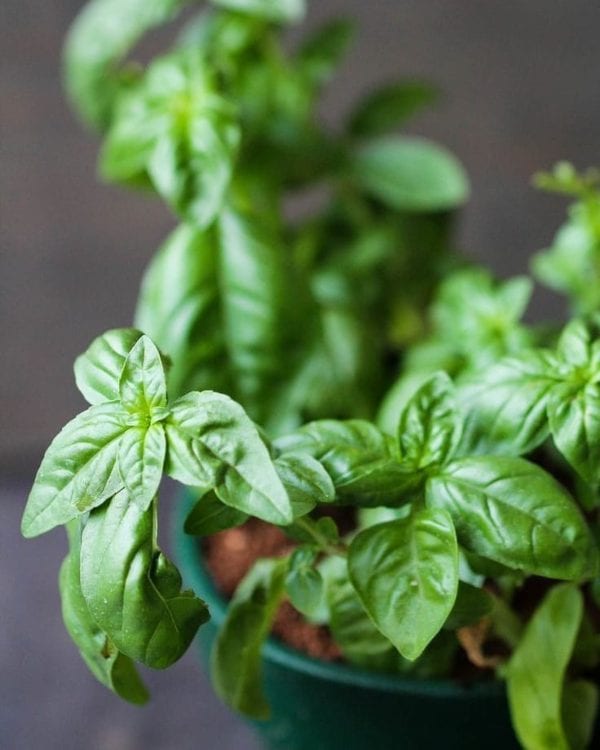
Holy.roots/ Instagram
An interesting fact is that not all herbs are like that. Some of them do well in a refrigerator, including cilantro and parsley. Unfortunately, basil is not one of them.
Melons
If you want melons, including watermelon, honeydew, and cantaloupe to maintain their great flavor, you should keep them at room temperature. Moreover, some researchers have found out that storing melons at room temperature helps keep their antioxidants intact.
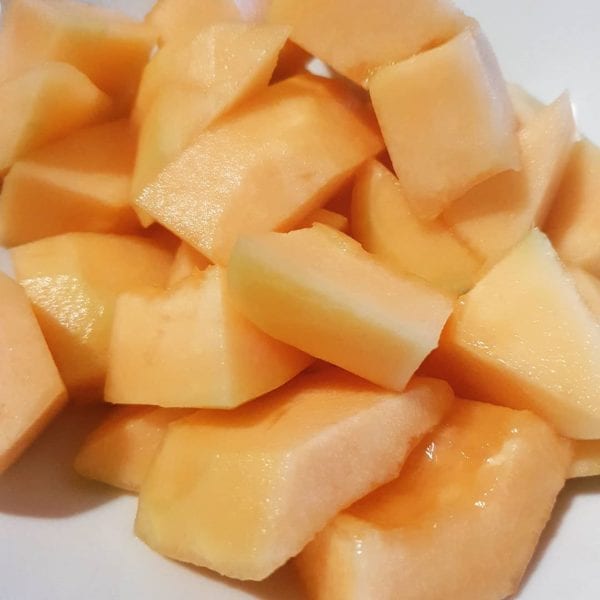
Albadogu/ Instagram
The only reason to put a melon into a refrigerator is if it is cut. In this case, you can cut pieces of the melon into a container and keep it in a fridge for 30 days.
Apples
Since apples are an ethylene-producing fruit, keeping it in the refrigerator is one of the worst decisions you can make. It is even worse if you decide to keep apples alongside other vegetables and fruits because that will cause them to ripen too quickly.
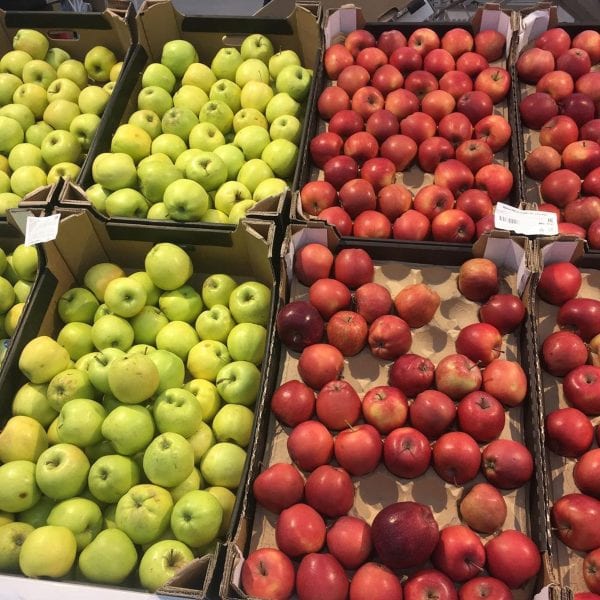
Patnays/ Instagram
The best thing you can do is to keep apples on your kitchen counter for a week, and then, if you still have not eaten all the apples and want to extend their life, you can then try to put apples in your fridge.
Squash
Squashes like cool, dry, and dark places more than a cool refrigerator. The perfect temperature for them is no more than 50 to 60 degrees Fahrenheit. Squashes can last up to a month on a counter or in such places like cupboards and pantries.
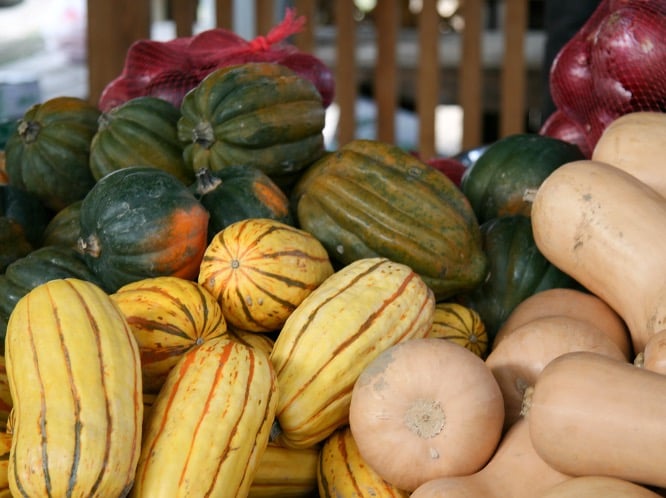
Tim Sackton/ Flickr
Also, make sure that there is no sunlight around as that is not very good for vegetables either. It can expedite the ripening process, making the life of your squash much shorter if left near the sun.
Stone Fruits
Stone fruits include nectarines, plums, apricots, and peaches. Just like many other fruits, they do not like being refrigerated. Unless you are not planning to eat them right away, it is better to leave them on a kitchen counter and eat them within a couple of days.
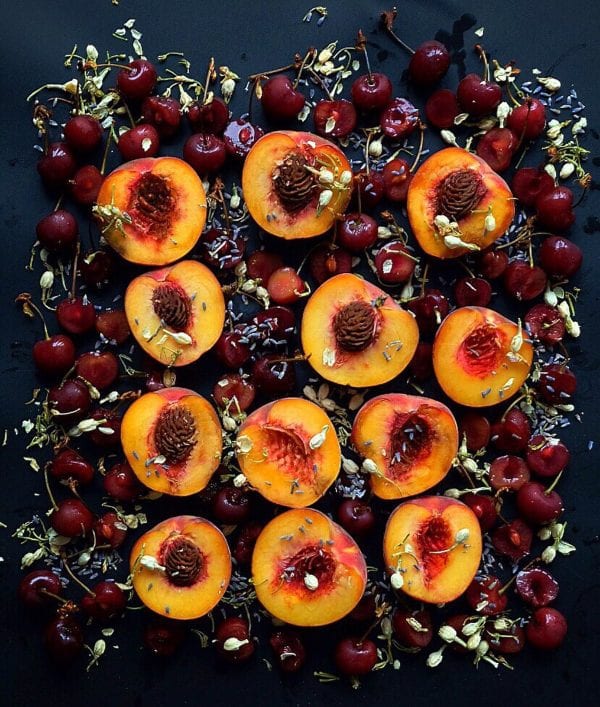
Uglyproduceisbeautiful/ Instagram
If stone fruits are left to ripen in a refrigerator, then the ripening process may get stopped, and you will receive completely flavorless fruits.
Butter
Believe it or not, but you can actually leave the butter out of the fridge. And after trying it at least once, you will understand why. Room-temperature butter is soft, smooth, and spreads on bread like heaven on earth. Wouldn’t you want that?
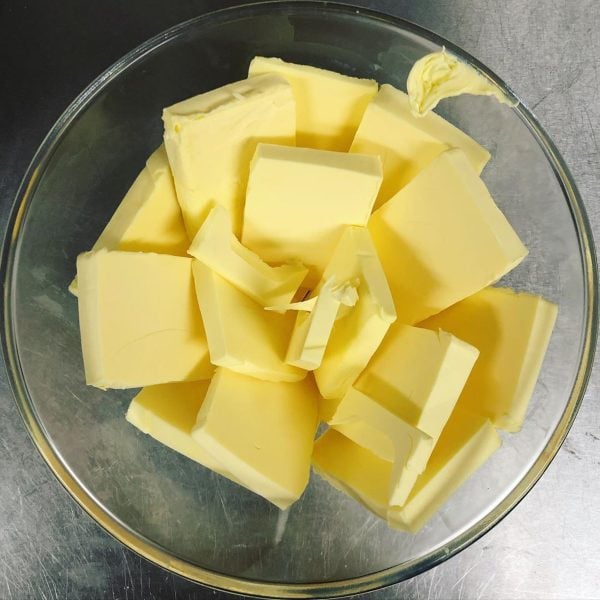
Jojostreathouse/ Instagram
However, there are still some things you need to remember. First, butter should also be left covered. Second, make sure that there is no direct sunlight – otherwise, the butter will just melt and cause an unwanted mess. You should also take your climate into consideration. If you live in a hot climate, it may be impossible to store butter out of a refrigerator.
Peanut Butter
If you keep peanut butter in a fridge, it will become hard if not impossible to spread. Moreover, it will get very dry, and its taste will be affected. That’s probably not what you want. Therefore, there is no need to keep peanut butter refrigerated.
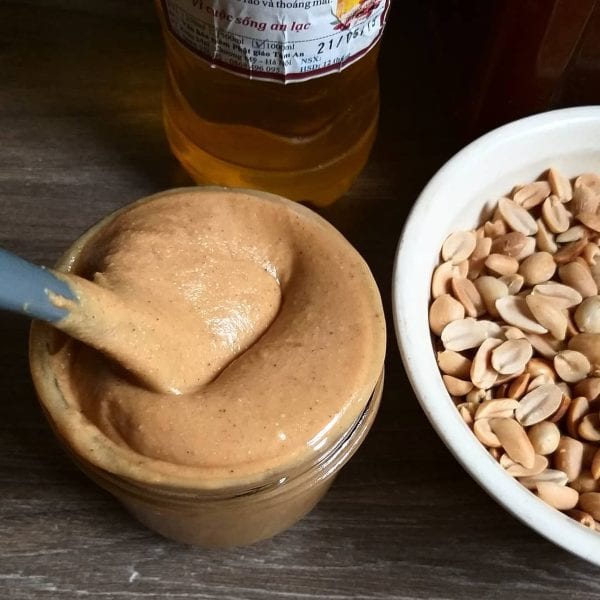
Chiakitchen4hs/ Instagram
There is one exception though – natural peanut butter. Most brands of natural peanut butter recommend storing it in a refrigerator because the natural ingredients in the butter can separate and the butter may go rancid very quickly.
Vinegar
Vinegar is one of those food items that can preserve itself. For this reason, it has an indefinite shelf life. That is why you should not keep it in a refrigerator. Instead, store in a dark, cool, dry place like your pantry or cupboard. However, this is true only about plain vinegar.
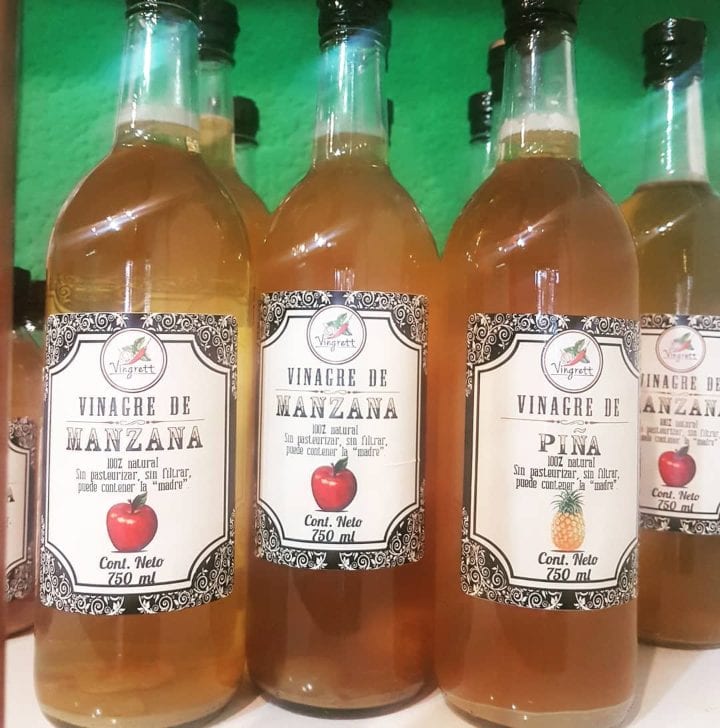
Laboticaorganica/ Instagram
For other condiments, such as vinaigrettes that include garlic, onion, herbs, or other ingredients, refrigeration may be required.
Aged Cheese
If you are a cheese expert, you probably know that hard and aged cheeses should never be stored in a refrigerator. Yes, cheese is a dairy product, and most dairy products need to be refrigerated, but aged cheese is an exception. If you leave aged cheese in a fridge, it will become hard like a rock.

Merricks_meat/ Instagram
The thing about aged cheeses is that they went through a special curing process. After this process is complete, you should not put it in a fridge. You can store it in a dark, dry, and cool place. However, remember that this is true only about hard, aged cheeses – other cheeses do require refrigeration.
Pumpkins
Do you ever have too many pumpkins left over from Halloween and you want to save them for later use? You can definitely do that. However, a refrigerator is not the right place for storing them.
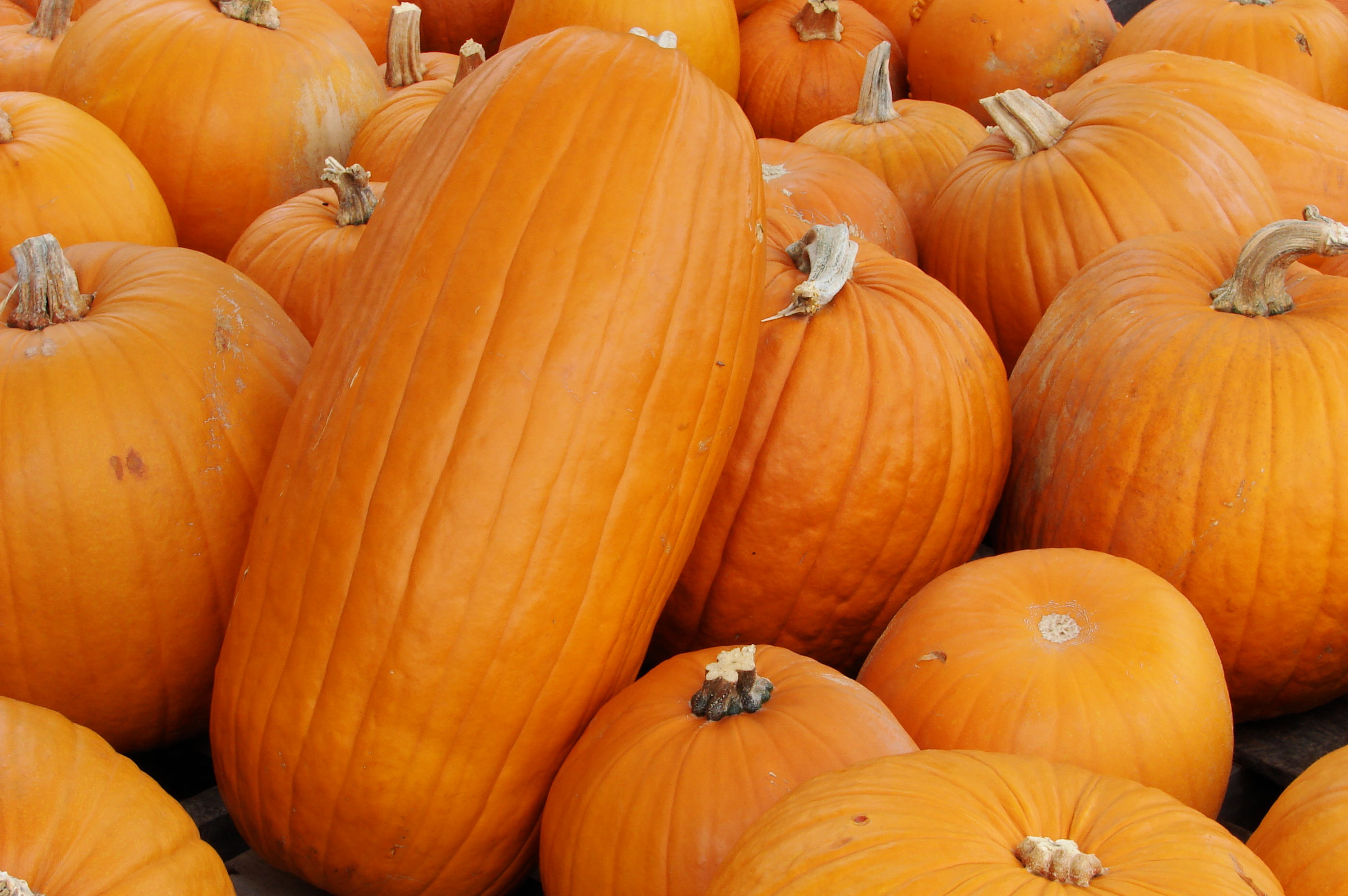
Wikimedia Commons
Instead, pumpkins need to be left to cure in the sunlight and then can be stored in a dry, well-ventilated, and dark location that is not colder than 50℉. If you put them in a fridge instead, they may turn faster than you need.
Spices
What is worse than spices that are clumping together and losing their flavors? Unfortunately, this is what refrigeration does to dried spices. Many people do not know this, but ground spices can be kept in dark and dry places for years.
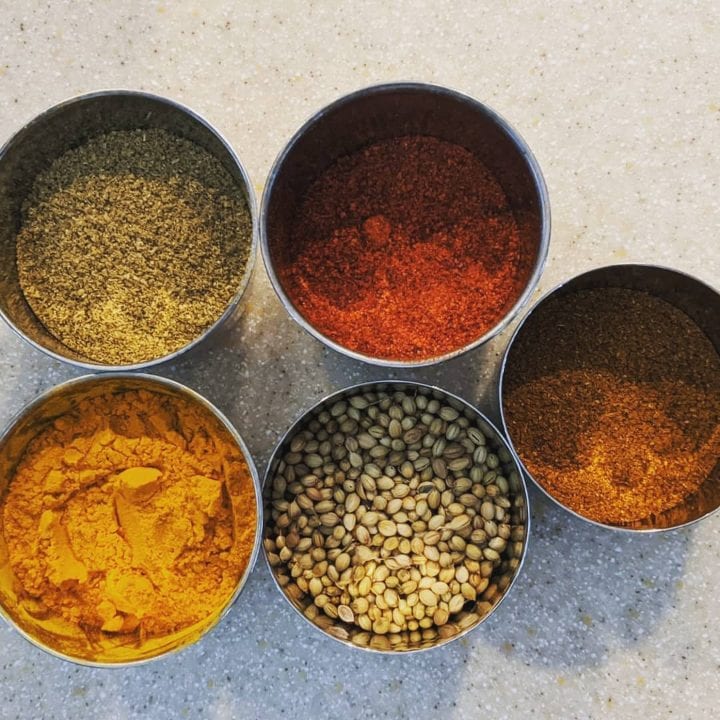
Myspicefix/ Instagram
To maximize their shelf life, you should also keep your spices from extreme heat. It is also recommended to check your spices regularly and do a clear out at least once a year.
Chocolate-Hazelnut Spread
This much-loved sweet condiment, such as Nutella, is delicious on toast. However, if you keep it in a refrigerator, it becomes really hard to spread. Moreover, the chocolate flavor is also much more distinctive if the spread is stored in a dark and dry place at room temperature.

La_tatu72/ Instagram
The main reason why Nutella and other chocolate-hazelnut spreads do not require refrigeration is due to their sugar content that prevents bacteria growth. In addition, there is also the high-fat content that also serves as a preservative.
Berries
Berries are among the most tricky products to store. If you do not know how to do it properly, berries get soggy and mold very quickly. Therefore, it is better not to refrigerate them, especially if you are going to eat or use them right after purchase.
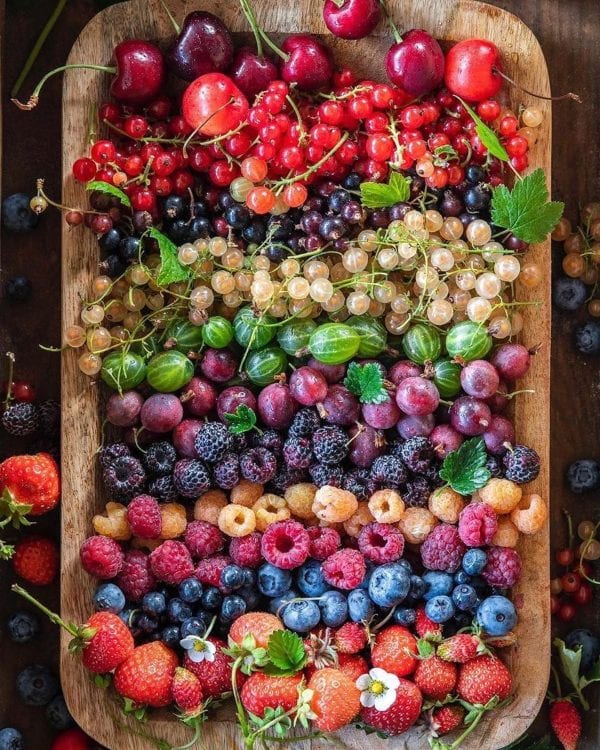
Thegardennation/ Instagram
At room temperature, berries will remain juicy and firm. If you are not going to eat them any time soon, you can put them in a refrigerator, but you should make sure that they are stored in an air-tight container. This applies to any type of berries, including strawberries, raspberries, blueberries, and others.
Ketchup
It is highly debated whether you should store ketchup in a refrigerator or cupboard. The main thing you should remember is that ketchup was sold years before refrigerators became common.
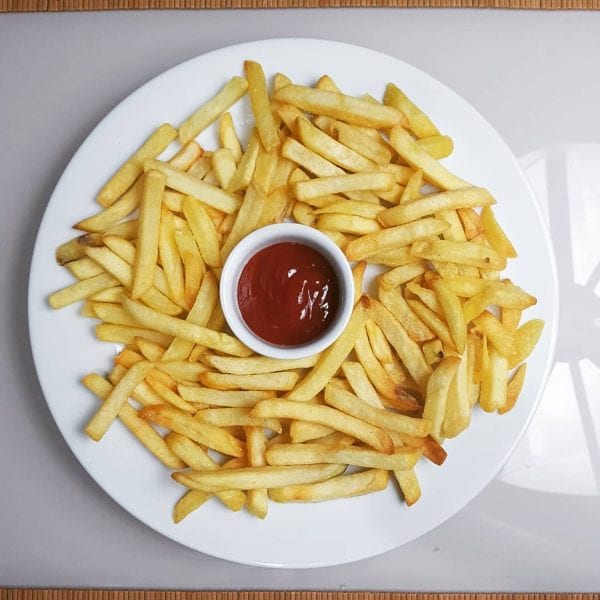
Uiaquedelicia/Instagram
Ketchup is known for its natural acidity that makes this product inhospitable for microorganisms and bacteria to grow in it. For this reason, you can definitely store it safely in your pantry. Moreover, it has been noticed that ketchup has a better and more intense flavor if stored at room temperature.
Mustard
Mustard is one of those condiments that most people put in a fridge without even thinking. However, mustard does not need refrigeration. Just like in ketchup, there is a high acidity content in mustard, which makes this condiment self-preserving.

Foodarrific/ Instagram
You can keep your mustard either at room temperature or chilled – it is up to you. However, if you still decide to refrigerate it, you should know that its flavor may be affected by cold temperatures.
Cereal
Some people put their cereals in a refrigerator and by doing so, they damage their texture. There is a lot of humidity in a fridge, so if you put your cereal in a refrigerator, they will lose their crunch rather quickly.
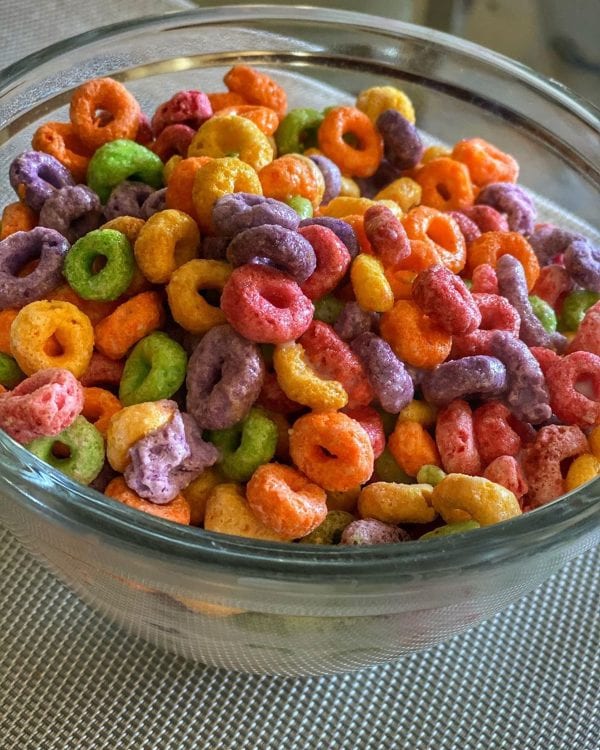
Lavidamismard/ Instagram
Moreover, cereal boxes occupy too much space in your refrigerator and you could free up quite a bit of room by keeping them out. It is better to store your cereals in a dark pantry at room temperature. It is also better to make sure that there is no direct sunlight.
Hot Sauce
You may not know it, but hot sauce does not need refrigeration. Moreover, there are some hot sauces that will solidify if refrigerated, so you need to be very careful.
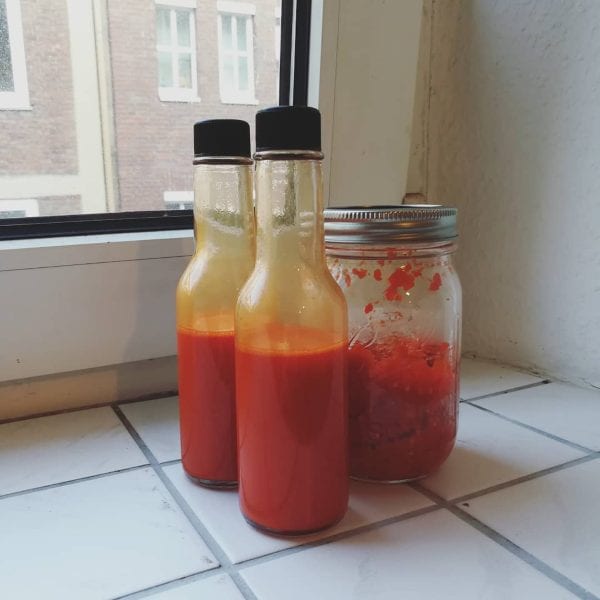
Life.on.two.edges/ Instagram
The main reason why it is safe to keep your hot sauce out of the refrigerator is because it is made of strong ingredients, including vinegar, that prevent bacteria growth. Also, those hot sauces that are kept at room temperature taste better and have a more intense and distinctive flavor.
Rice
In its dry grain form, rice does not require refrigeration. The best way to store rice is to put it in a container and place it in a dark and dry place. Your pantry or cupboard would be perfect for that.
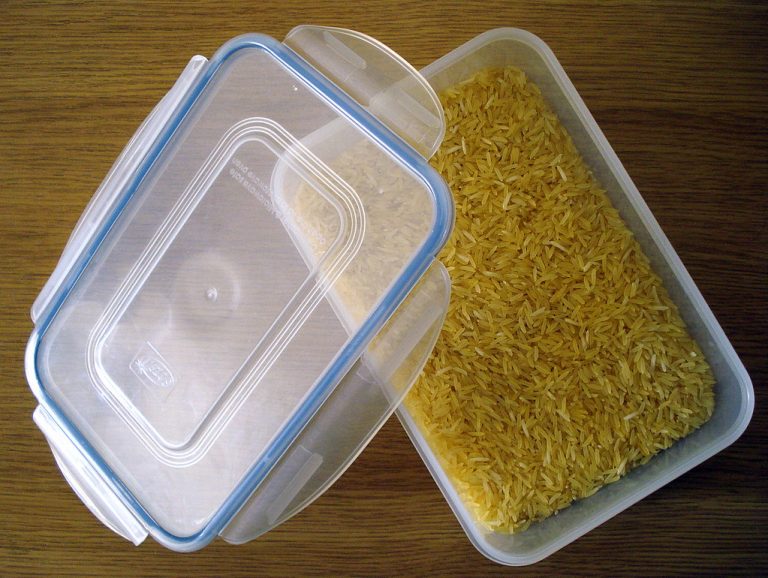
Kake/ Flickr
It is also recommended to put an oxygen absorbing packet in a container with your rice in order to ensure that it stays dry. However, remember that this is only helpful when rice is in its dried form. Once you cook it, it is better to keep it refrigerated. But you should also remember that cooked rice spoils very quickly.
Dried Beans
Just like with rice, a refrigerator is not a good place for dried beans. They actually should not be kept in the plastic bags that they are often sold in, either. Plastic packaging makes dried beans susceptible to pests and moisture. For this reason, specialists recommend keeping beans in an air-tight container in a dark and dry place.
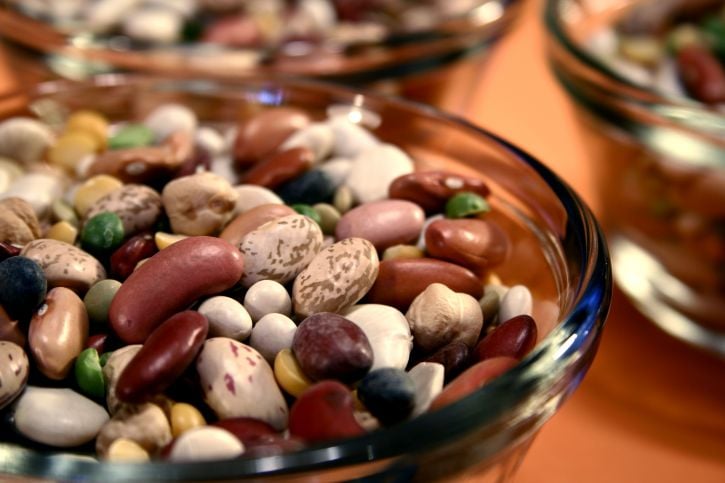
Public Domain/ Pixnio
The temperature in the dark place should not exceed 70℉. If beans are stored properly, they can last for years. However, most experts recommend cooking and eating them within a year after purchase because they tend to lose their flavor after a while.
Soy Sauce
If you read labels on soy sauce bottles, you may notice that they state that the sauce should be refrigerated. However, restaurants leave soy sauce on tables all day. They would not do that if it was not safe.
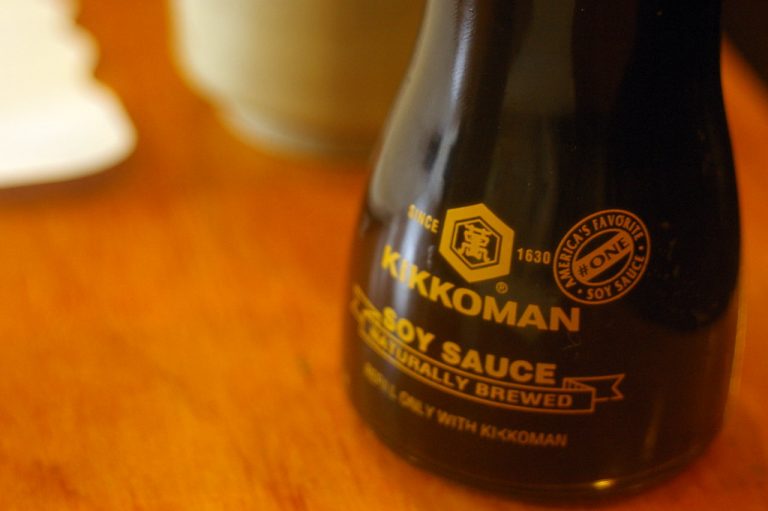
Dan Iggers/ Flickr
The truth is that soy sauce has a high sodium content, and sodium is a natural component that prevents soy sauce from spoiling. So if you want to store your soy sauce properly, store it in a cool place.
Salad Dressings
There are some types of salad dressings that need to go back to a refrigerator after you open them. This includes creamy dressings such as thousand island or ranch. However, oil or vinegar-based salad dressings do not need to be stored in a refrigerator after opening.
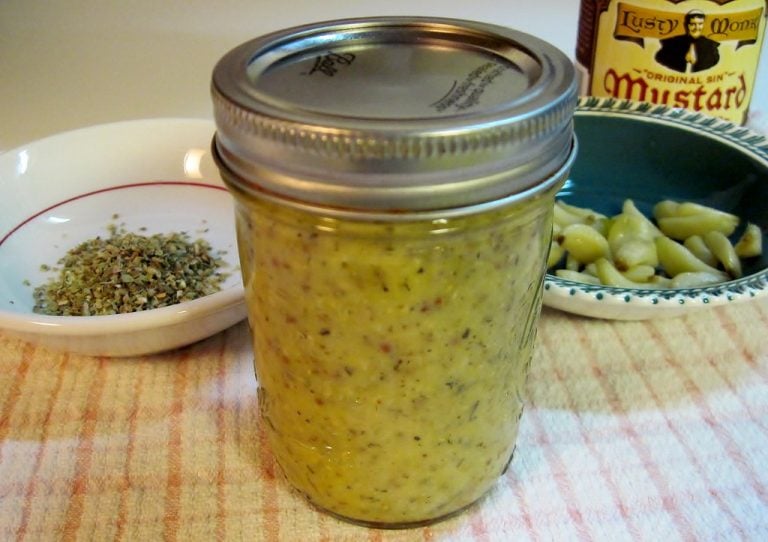
Gloria Cabata-Leman/ Flickr
Instead, store these salad dressings in a cool and dry place in an air-tight container or its original packaging with the lid tightly screwed on. The best places for salad dressings would be a cupboard or pantry.
Jam
There is much debate whether you should keep jam in a refrigerator or not. But here is the verdict: there is no need to put jam in a fridge even after opening it. The main reason for that is due to the jam’s sugar content. Sugar, as a natural preservative, prevents jam from spoiling.
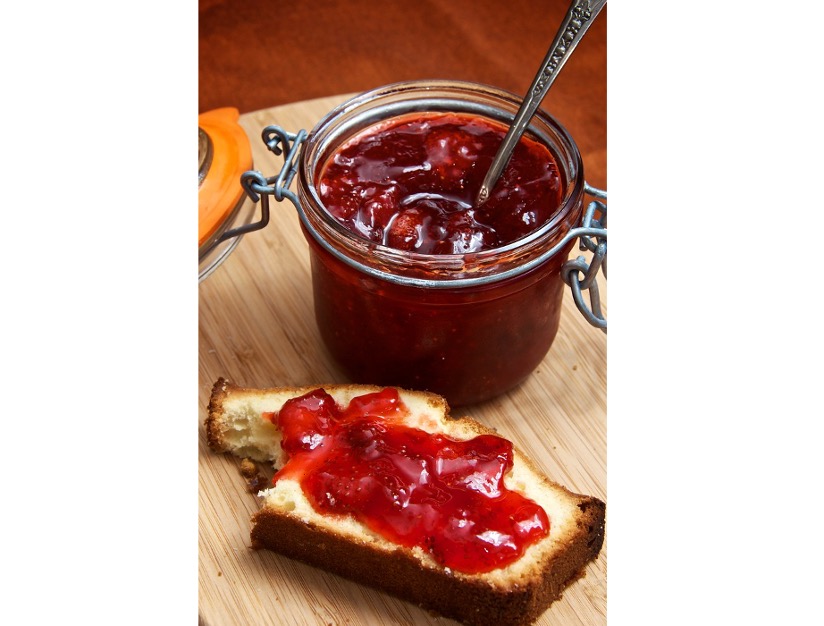
Dennis Wilkinson/ Flickr
You can keep jam in your pantry or cupboard, but you need to make sure that the lid is tightly sealed and it is stored in a dark and cool place with minimum sunlight.
Corn
Since corn is a vegetable, it does not belong in your fridge. It is fine to put corn in a refrigerator for a day or to slow down the chemical reaction. However, if you store corn in a fridge for a long time, its taste may be affected, and your corn may lose its natural sweetness.
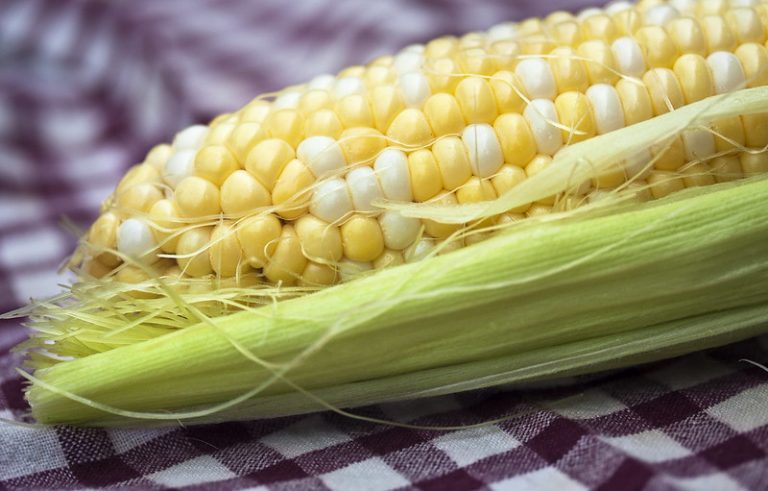
Liz West/ Flickr
Moreover, refrigeration also dehydrates it, and the corn can become completely tasteless. Also, its texture may get rubbery, making it not taste fresh anymore.
Pears
Pears are very delicate fruits, and refrigeration and cold air can damage their soft and delicate skin. For this reason, it is not recommended to keep them in a fridge. Moreover, the pear’s skin becomes devoid of any taste by making the fruit odorless.
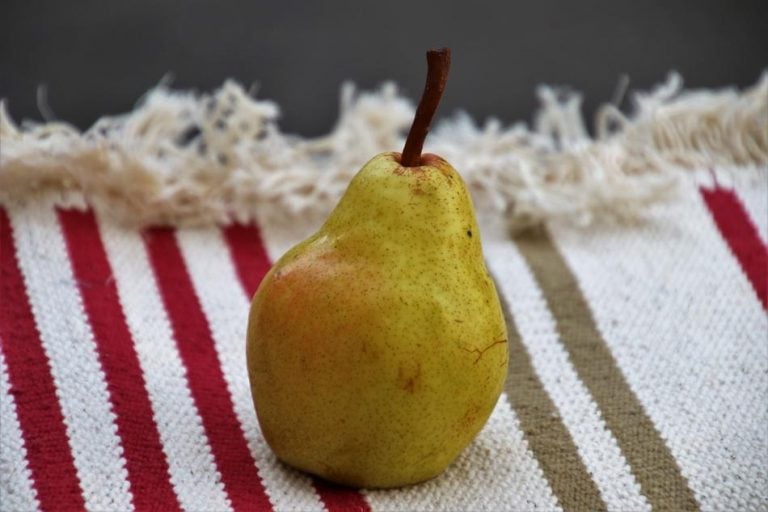
Public Domain/ Pixabay
Therefore, if pears are not ripe, you should store them at room temperature until they become dark in color. Only when they are dark and soft, can you put them in a fridge and keep them refrigerated for up to several weeks.
Carrots
Just like most other vegetables and fruits on this list, refrigeration is not the best thing for carrots. It will accelerate its rotting process due to the natural water contained in carrots.

Public Domain/ Pixabay
Refrigeration will shorten carrot’s shelf life and negatively affect its appearance and taste. It is recommended to find a dry and cold place for storing carrots with minimal light, because this vegetable gets bitter if left in sunlight.
Sweet Potatoes
You may be surprised, but sweet potato is more like a tropical fruit. Even though we associate it with harvest and Thanksgiving, sweet potatoes come from tropical and warm climates. For this reason, they contain components that make them ripen in the heat, and cold temperatures in your fridge can affect the molecular integrity of their ripening chemicals.

Public Domain/ Pixabay
The best way to store sweet potatoes is to find a dry and dark place for them. The best places for storing them in your home would be the basement, garage, or cellar.
